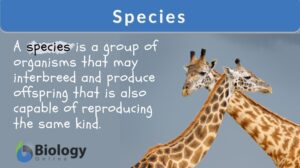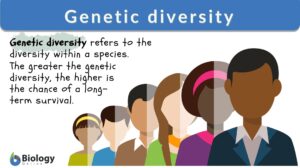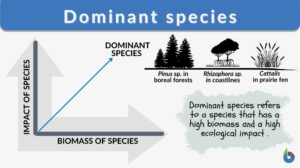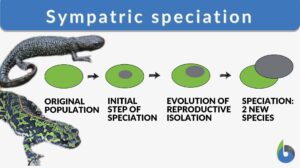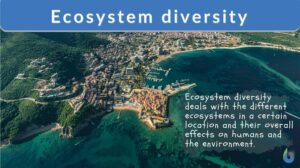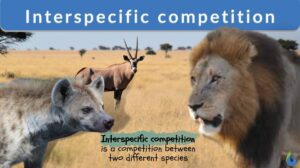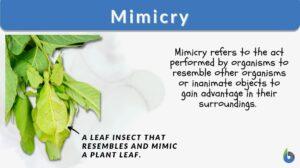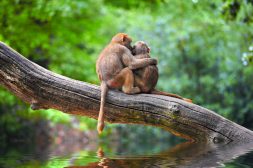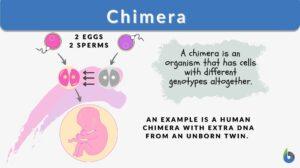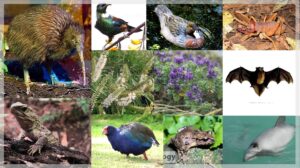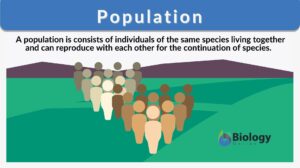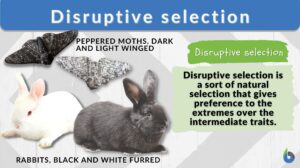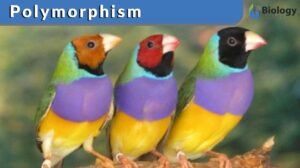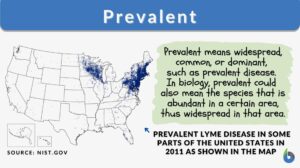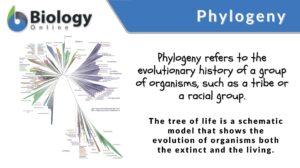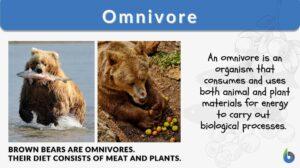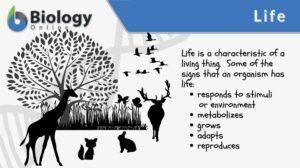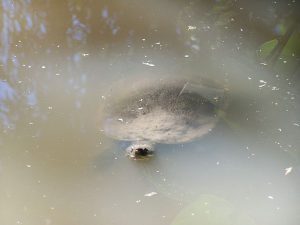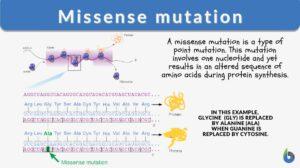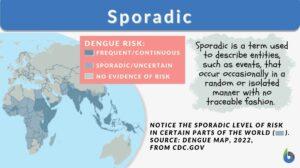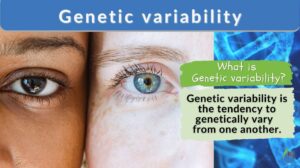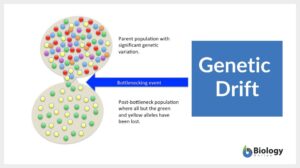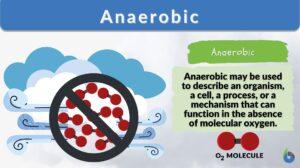Search Results for: rare species
Rare species
rare species A species of animal or plant that is considered rare, threatened, or... Read More
Genetic diversity
Genetic Diversity Definition Each species is composed of individuals with their own set of genes. A gene is the inheritance... Read More
Dominant species
Dominance is the state of being supreme or dominant. Community dominance refers to the form of dominance where certain... Read More
Allopatric speciation
We can define speciation as a process by which the novel genetically independent group of organisms are formed through the... Read More
Sympatric speciation
Speciation is a process of evolution through which two different existing populations evolve and a distinct species form. It... Read More
Ecosystem diversity
Ecosystem Diversity Definition What is ecosystem diversity? Ecosystem diversity deals with the study of different... Read More
Interspecific competition
Interspecific Competition Definition In Biology, competition is defined as the process that occurs among species that have... Read More
Population Regulation in an Ecosystem
Darwin focused some of this work in regards to the population size of a species, and what factors may affect them. He... Read More
New Zealand’s Biodiversity
Written by: Maria Victoria Gonzaga Peer-reviewed by: Cathy Buntting, Ph.D. and Andrea Soanes Why is New... Read More
Population
Living organisms typically prefer to live, grow, and survive in groups. Except for some species that prefer solitude - both... Read More
Disruptive Selection
An evolutionary process known as disruptive selection (or disruptive natural selection) causes a population to become... Read More
A Look Into Natural Selection and its Mechanisms
Charles Darwin is credited with outlining the fundamentals of evolution. He was a smart and eager pupil and protégé, and... Read More
Polymorphism
Polymorphism Definition The occurrence of two or more different forms or morphs in the population of a species is referred... Read More
Hermaphrodite
We all know that typically living organisms are divided into two main categories of sex-based on their biological structure.... Read More
Why Is The Mary River Turtle Endangered
The Mary River Turtle (Elusor macrurus) has been named recently as one of the species on the brink of extinction. That is... Read More
Missense mutation
What is a missense mutation? Literally speaking, a mutation that changes the meaning of the encoded gene sequence is the... Read More
Genetic variability
Genetic Variability Definition Genetic variability refers to the tendency of individual genetic characteristics in a... Read More
Genetic drift
Genetic Drift Definition What is genetic drift in simple terms? The simple definition of genetic drift ( also referred to... Read More
Dinoflagellate
A dinoflagellate is a flagellate algae characterized by their two flagella of unequal length. One of the flagella is lying... Read More
The role of extinction in evolution
Colloquium Paper Ths paper was presented at a colloquium entled "Tempo and Mode in Evolution" organized by Walter... Read More
Chlorophyll
Why are most plants green? Have you ever had the same question? Perhaps, you’ve been told that the plants are green... Read More
Mitochondrion
Mitochondrion Definition What are mitochondria? The term “mitochondrion” comes from the two words of the Greek... Read More
Types of Transplants
Submitted to biologyonline.com on March 7, 2009 Published by biologyonline.com on March 29, 2009 Transplants are... Read More
